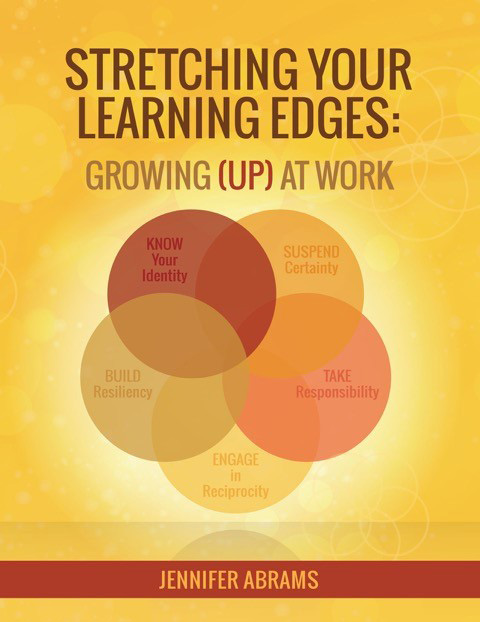Swimming in the Deep End
May 24, 2017

Managing the anxiety that comes from taking the leadership plunge
“I am interested in people who want to swim in the deep end.” — Amy Poehler
I became a new teacher coach after almost a decade of teaching. I thought, arrogantly, that I was ‘all that and a bag of chips.’ I had taught for 10 years, I was known to be a good educator. I knew how to work with 17 year-olds, for goodness sakes! And I enjoyed them! Clearly, I was going to be okay, if not fabulous, coaching new teachers.
Not true. Terry Pearce says, “We think we want to be matadors with 2000 pounds of bull bearing down on them, and then discover what they really wanted was to wear tight pants and hear the crowd roar.” Big wake up call. We have credentials in our subjects and our grade levels. What we don’t have, when we move into leadership roles is a credential in communicating with adults. And from what I have seen, credential programs in administration haven’t done much to help admin candidates learn this skill.
Leaders – administrators of all sorts, coordinators, directors, and principals – as well as teacher leaders, team leads, coaches and professional developers – we all spend our time communicating with adults. Facilitating, leading learning opportunities, coaching, supervising. We need guidance and support in how to do it well.
After 28 years in education, I am not the newbie anymore. I am becoming an elder. Actually, I’m in the process of ‘eldering.’ God willing, getting wiser, getting out of the competitive state of mind that I believe many in their 30s and 40s are often in developmentally. I want to work with and support those who are meeting the challenges that education serves up to us each and every day. I wanted to be surrounded by others ‘who wanted to swim in the deep end.’
So many of us want to make a difference, to be challenged and to grow. But it gets exhausting. This column is a place to learn tips and strategies, gain some new understandings and leave with resources to help you build up your leadership capacity to ‘swim in the deep end.’
One of the most common questions I hear from new swimmers is “How can I manage the anxiety I feel when resistance hits me?” Resistance was inevitable and for many of us, is the discomfort of dealing with it. Here are a few ideas from Hard Conversations Unpacked:
- Before you go into a situation you expect to be difficult, ground yourself. Deep breaths. Several. Connect yourself to the earth.
- Remember, different cultures listen and give feedback differently — be understanding when feedback is given to you in a way that doesn’t fit your style. Work to hear “beyond style.” Try to accommodate to the styles of others. For more information, read The Culture Map by Erin Meyer.
- Friend failure, don’t become it. I have heard many people say, “I’m such a failure.” You, yourself, do not equate to failure. Be wary of labeling yourself.
- If you are feeling a bit out of control, sip water or coffee to give yourself a second to get your brain in a space to respond. Bring a water bottle to the meeting and hold it with both hands for groundedness.
- Yawning a lot before a tête-à-tête can calm you down. Perform the act right before a hard conversation.
- Speak with a deeper voice. High-pitched voices are annoying because they activate a range of sound waves that requires more brainwork to interpret. Studies have shown that high-pitched voices convey a lack of effectiveness. The last two strategies are from Five Strange Workplace Conversation Tips From a Hostage Negotiator by Natalie Kitroeff (2015).
- Think about being “Velcro” with positive statements and “Teflon” with negative comments. The negative words won’t seep into your psyche as easily.
Want to be the matador? It ain’t easy work. Sometimes we want to just ‘wear tight pants and hear the crowd roar.’ It ain’t happening. So now what? Join me on the journey to build up our ability to swim in the deep end.
This post was originally published on the edCircuit blog where Jennifer is a featured columnist.

